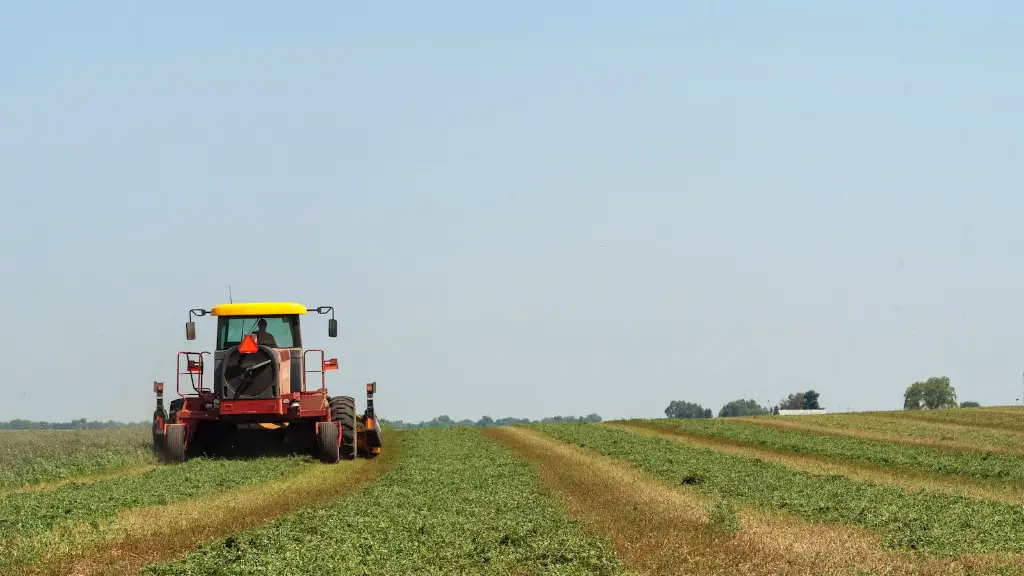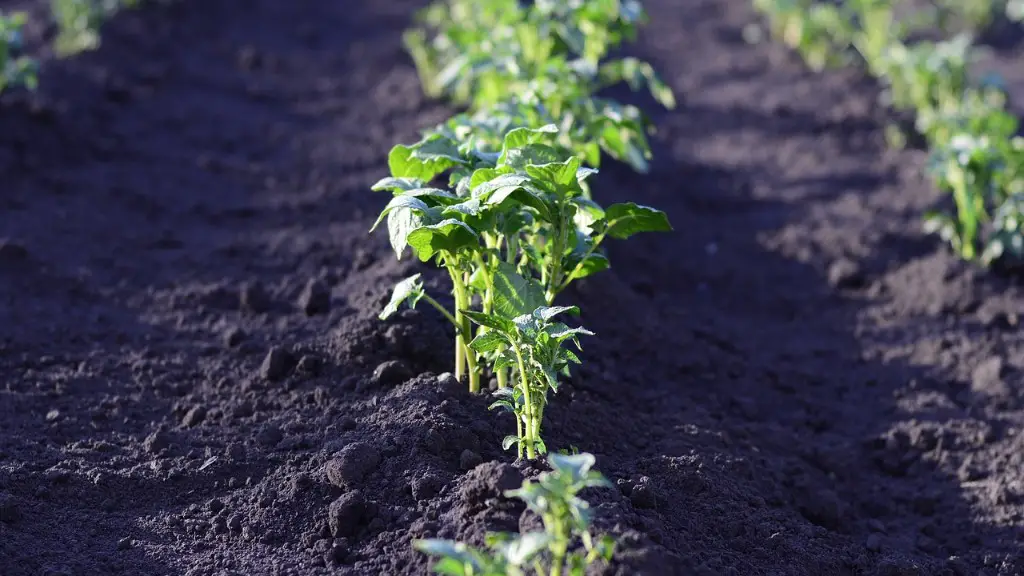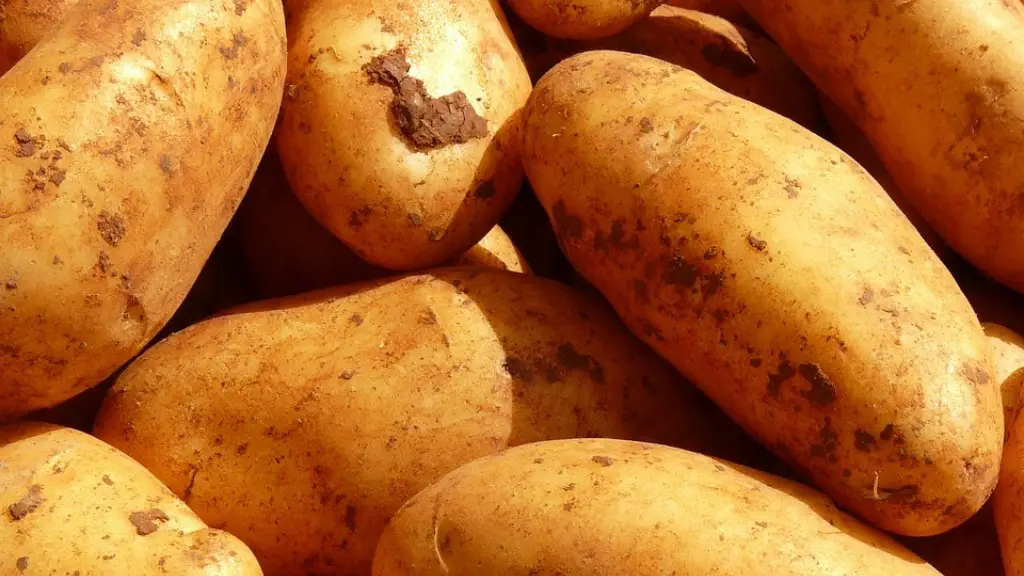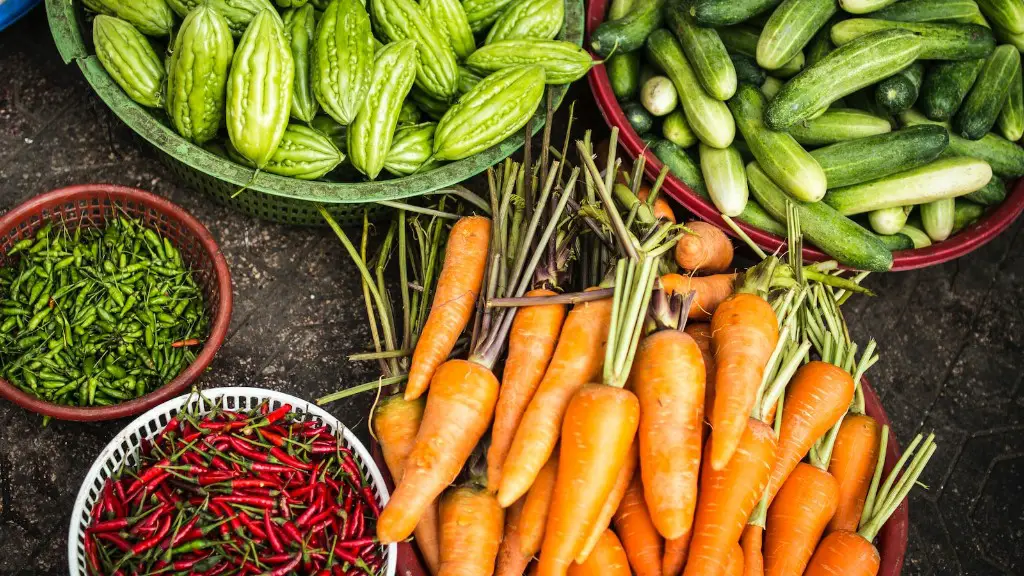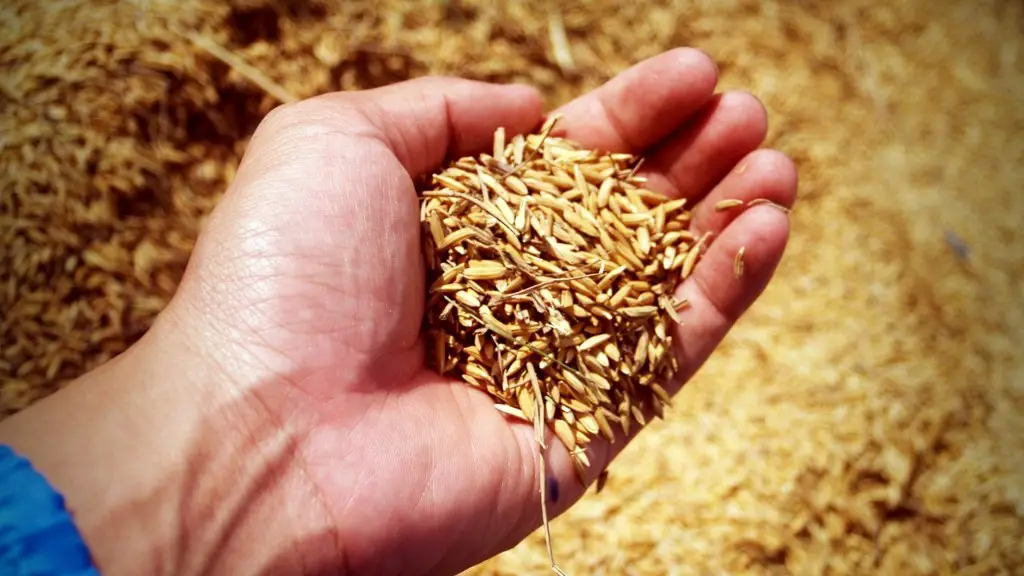According to the USDA, “Genetically modified organisms (GMOs) can be defined as plants, animals, or microorganisms whose genetic makeup has been modified using engineering techniques. The resulting organisms are referred to as ‘transgenic’ or ‘genetically engineered’ (GE). Agricultural GMOs are plants that have had their DNA altered in a way that gives them a desired trait, such as resistance to herbicides or pests.”
GMOs were first introduced into agriculture in 1996, and their use has increased ever since. Today, GMOs are used in a variety of crops, including corn, soybeans, cotton, and canola. GMO crops are grown in more than 28 countries worldwide.
The primary benefit of GMO crops is that they allow farmers to produce more food with fewer inputs. For example, GMO crops that are resistant to herbicides or pests can be grown with less use of pesticides, which reduces production costs and is better for the environment. GMO crops can also be grown in climates that would otherwise be unsuitable for agriculture, making it possible to produce food in areas that were previously unproductive.
However, not everyone is convinced that GMOs are a good thing. Some people are concerned about the safety of eating GM
The use of genetically modified organisms (GMOs) in agriculture is a hotly debated topic. GMOs are plants or animals that have been created by manipulating their genes in a laboratory. Proponents of GMOs argue that they can help to boost crop yields and make food production more efficient. However, critics of GMOs are concerned about their potential impact on the environment and human health.
What are the impacts of GMOs to agriculture?
GMO crops that are tolerant to herbicides can help farmers control weeds without damaging their crops. When farmers use these herbicide-tolerant crops, they do not need to till the soil, which can help preserve the quality of the soil.
It is known that the main concerns about adverse effects of GM foods on health are the transfer of antibiotic resistance, toxicity and allergenicity. However, there is no definitive evidence that GM foods are harmful to human health. Nevertheless, it is advisable to exercise caution when consuming GM foods and to consult with a healthcare professional if there are any concerns.
What are the positives and negatives of GMOs in agriculture
GMO foods have been a controversial topic for many years. Some people believe that they are healthier and cheaper to produce, while others believe that they can cause allergic reactions or increase antibiotic resistance. There are pros and cons to both sides of the argument, but ultimately it is up to the individual to decide whether or not they want to consume GMO foods.
A GMO is an organism that has had its genetic material (DNA) changed using technology. This generally involves the specific modification of DNA, including the transfer of specific DNA from one organism to another. GMOs are used in a variety of ways, including in agriculture, medicine, and research.
There is a lot of debate surrounding GMOs. Some people believe that they are safe and have potential benefits, while others believe that they are unsafe and should be avoided. Ultimately, the decision of whether or not to use GMOs is up to each individual.
What are 5 disadvantages of GMOs?
The new “unexpected effects” and health risks posed by genetic engineering are many and varied. They include toxicity, genetically engineered foods that are inherently unstable, allergic reactions, antibiotic resistance, immuno-suppression, cancer, and loss of nutrition. Each of these is a serious concern that should be considered before consuming any genetically engineered food.
The use of GMOs brings both risks and benefits. On the one hand, GMOs can help to increase crop yields and improve the quality of crops. On the other hand, the use of GMOs can lead to changes in the interaction between plants and their environment, which can in turn lead to problems such as increased greenhouse gas emissions or toxic effects on human or animal health.
What are negative effects of GMOs?
GMOs, or genetically modified organisms, are one of the hot-button topics in the food world. The main concerns around GMOs involve allergies, cancer, and environmental issues — all of which may affect the consumer. While current research suggests few risks, more long-term research is needed to truly understand the potential risks and benefits of GMOs. In the meantime, consumers can make informed decisions about whether or not to purchase GMOs by paying attention to product labeling.
GMO contamination can have serious financial consequences for both organic and non-GMO farmers. When crops are contaminated with GMOs, they can lose market access or face decreased crop values. This can lead to significant financial burdens for farmers.
What are 3 pros and 3 cons of GMO foods
The pros of GMO crops are that they may contain more nutrients, are grown with fewer pesticides, and are usually cheaper than their non-GMO counterparts The cons of GMO foods are that they may cause allergic reactions because of their altered DNA and they may increase antibiotic resistance.
The potential benefits of genetic engineering in agriculture are vast. Increased crop yields, reduced costs for food or drug production, reduced need for pesticides, enhanced nutrient composition and food quality, resistance to pests and disease, greater food security, and medical benefits to the world’s growing population are just a few of the potential applications. With such a wide range of potential benefits, it is essential that further research is conducted in order to realize the full potential of this technology.
What are 3 ethical issues with GMOs?
Five sets of ethical concerns have been raised about GM crops: potential harm to human health; potential damage to the environment; negative impact on traditional farming practice; excessive corporate dominance; and the ‘unnaturalness’ of the technology. These concerns are summarized in this presentation.
Genetically engineered foods have been shown to be more nutritious than their non-genetically engineered counterparts. They are also tastier and have a longer shelf life. These foods are also resistant to diseases and pests, and require fewer environmental resources to grow. As a result, they are less expensive and more available than non-genetically engineered foods.
What are some GMO applications in food and agriculture
GMO crops are crops that have been genetically modified using genetic engineering techniques. Many GMO crops are used to make ingredients that Americans eat such as cornstarch, corn syrup, corn oil, soybean oil, canola oil, or granulated sugar. A few fresh fruit and vegetables are available in GMO varieties, including potatoes, summer squash, apples, papayas, and pink pineapples. GMO crops have been controversial, with some people arguing that they are unsafe and should not be used in food production. However, there is no clear evidence that GMO crops are harmful to human health.
Genetic modification can have a significant impact on the environment, both directly and indirectly. One of the main concerns is the potential for genetically modified animals, plants and organisms to adversely affect biodiversity.
There is a risk that existing species could be overwhelmed by more aggressive and dominant new species. There is also a possibility that new genetic variants could be created that are able to out-compete natural species. These and other potential effects need to be carefully considered before any decisions are made about releasing genetically modified organisms into the environment.
What is the most risk of GMOs?
GMOs have the potential to cause allergies in people who consume them. They can also be toxic if consumed in large quantities. However, studies have shown that GMOs can also have benefits, such as increased nutritional value in foods.
GM crops are grown in large surface areas and are linked to intensive monoculture systems that wipe out other crops and ecosystems. This will mean a reduction in flavors, traditional knowledge and food security.
Do GMOs hurt plants
It is important to note that while there is evidence that GM technology can lead to the creation of HT weeds, it is human error in the application of this technology that is most often the cause of these problems. In other words, the technology itself is not necessarily to blame. This is an important distinction to make when considering the use of GM technology in agriculture.
There is a lot of debate surrounding the safety of GMOs, but these studies suggest that they are not harmful to human health. In fact, some GMO plants have actually been modified to improve their nutritional value. So, if you’re concerned about GMOs, you can rest assured that they are not going to have any negative effects on your health.
Warp Up
Negative impact of GMO crops on agriculture:
1.GMO crops can negatively impact the environment.
2. They can harm other animals and plants.
3. They can reduce crop diversity.
4. They can increase the use of chemicals in agriculture.
5. They cancreate “superweeds” and “superbugs” that are difficult to control.
6. They can contaminate non-GMO crops.
7. They can have negative economic impacts on farmers.
GMOs can have a positive or negative effect on agriculture, depending on how they are used. If used to increase crop yields and create pest-resistant crops, they can have a positive effect. However, if used to create herbicide-tolerant crops, they can lead to increased herbicide use, which can have a negative effect.

